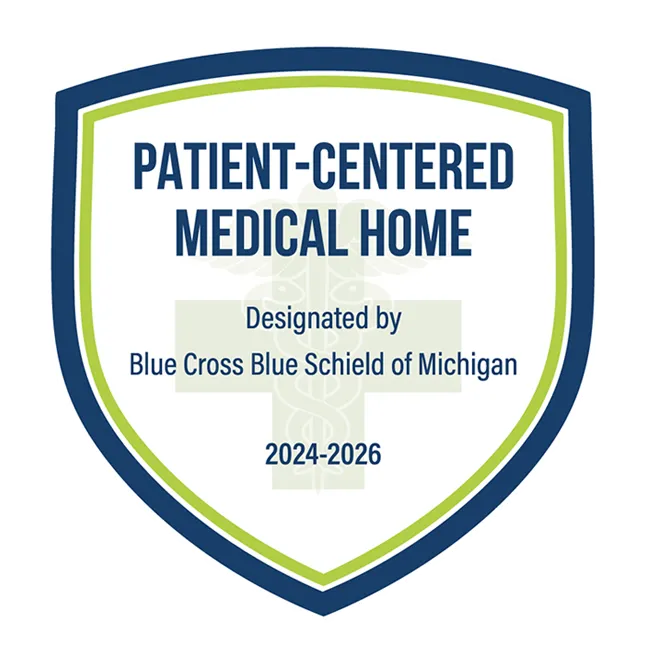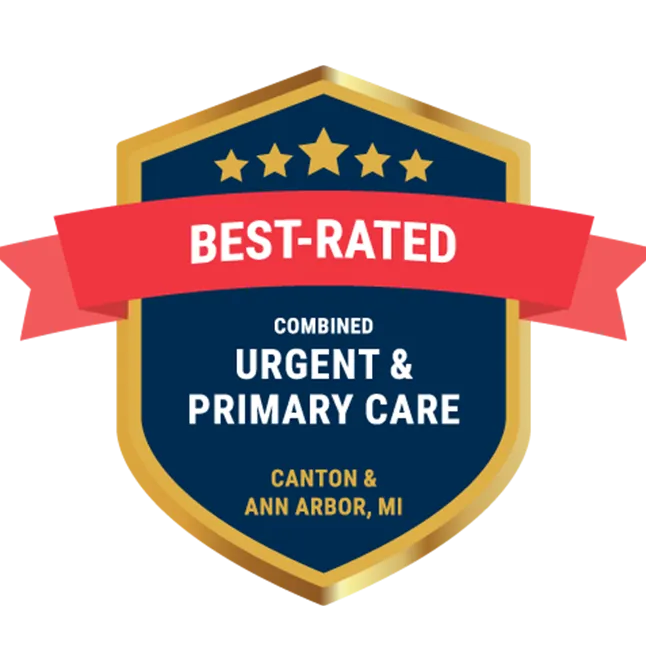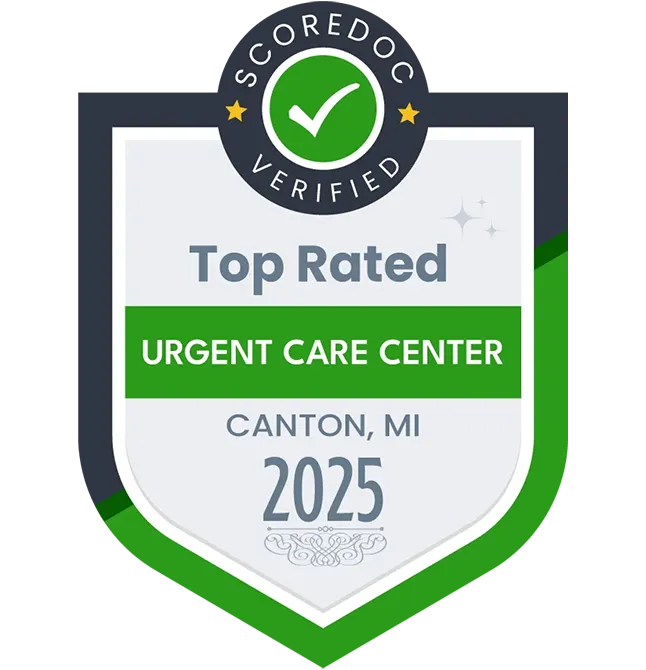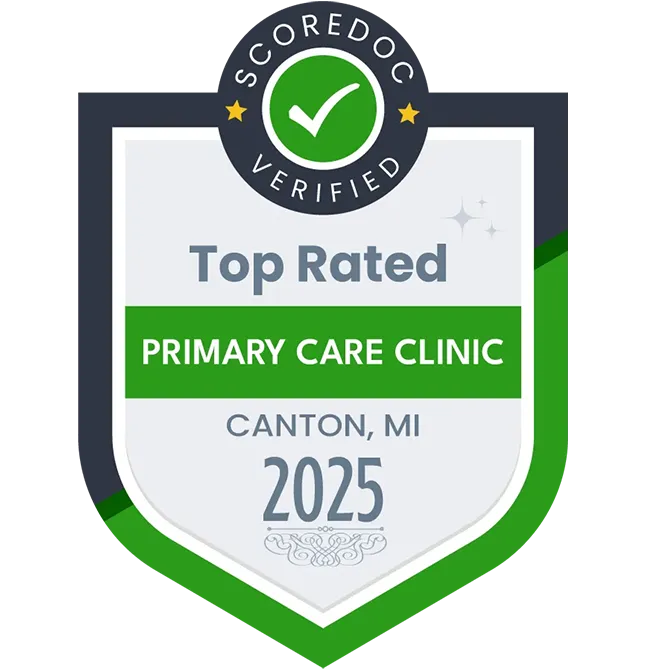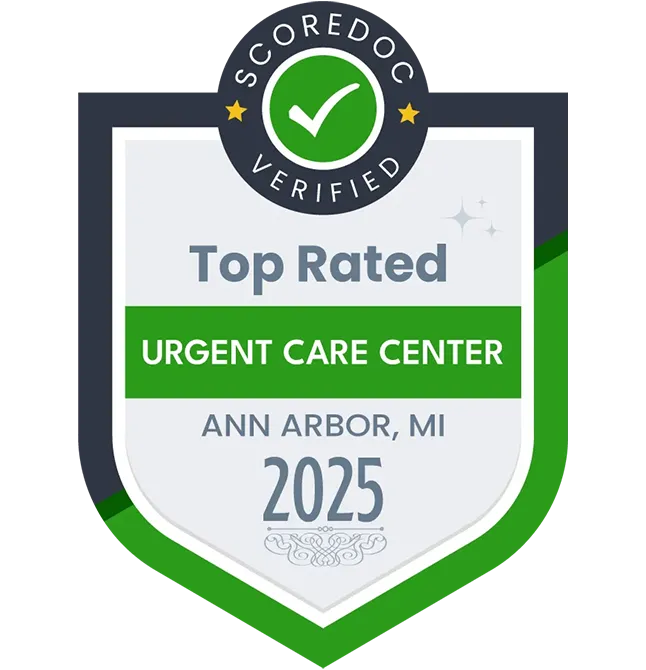

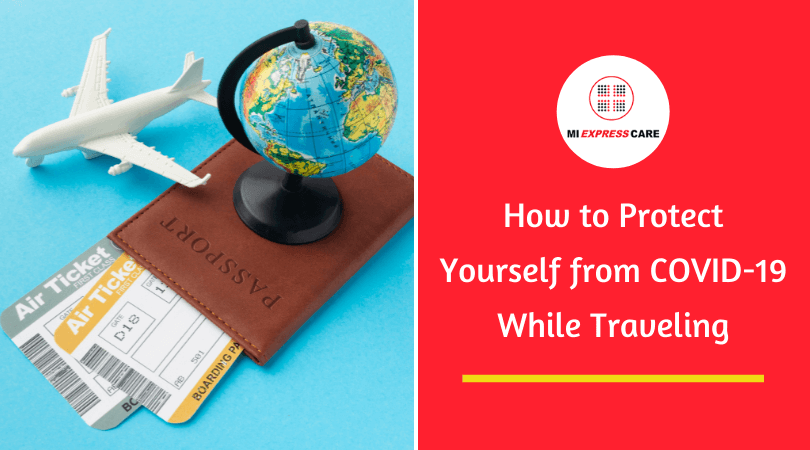
The rise of COVID-19 saw the implementation of strict travel bans. Although the restrictions are slowly easing, the virus is still very much present. So, how to protect yourself from coronaviruses when traveling?
Before traveling, be prepared for the different scenarios you might face. Make sure you take basic precautions such as wearing a face mask, washing your hands frequently, using hand sanitizer, and keeping your hands away from your eyes, ears, nose, and mouth. Some other things that you should consider before traveling during the coronavirus pandemic are:
Since the outbreak of the virus, hotspots have sprouted up in several areas. Authorities have advised against non-essential travels. If you need to travel to a high-risk place, consider your risk tolerance. If you are uncomfortable taking risks or have concerns, and it is not an emergency visit, it’s advisable to postpone traveling.
The chances of contracting the virus on a flight are minimum since airlines have updated their facilities to suit the current scenario. For instance:
Traveling by car is relatively safe if you are using your own vehicle. Remember to sanitize the entire vehicle and keep anti-bacterial wipes handy. If you are traveling with others, make sure they have tested negative for COVID-19. If you are using AC, you can set it to a non-recirculation mode.
If you are using a ride-share service, follow these tips:
Since the virus is airborne, wearing a properly fitted N95 mask will help lower the risk considerably. However, do remember that most air filtration systems are incapable of filtering out the virus, meaning you are vulnerable to the virus in places such as planes, ships, or other modes of mass transportation.
While it may be necessary to travel during the pandemic, you should not forget to consider the risks. Always follow all the safety protocols and take the necessary precautions. It is also better to be safe and get yourself tested before traveling. Visit us at MI Express Urgent Care for COVID-19 Testing for Travel to ensure you are safe.
